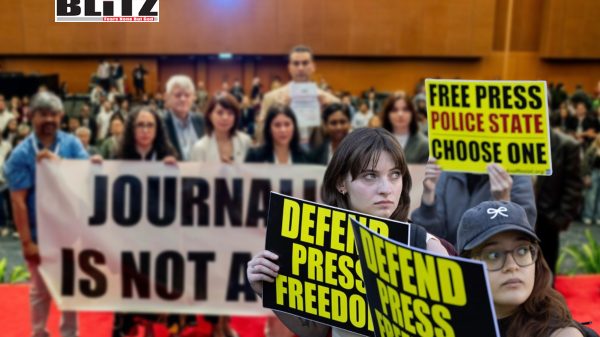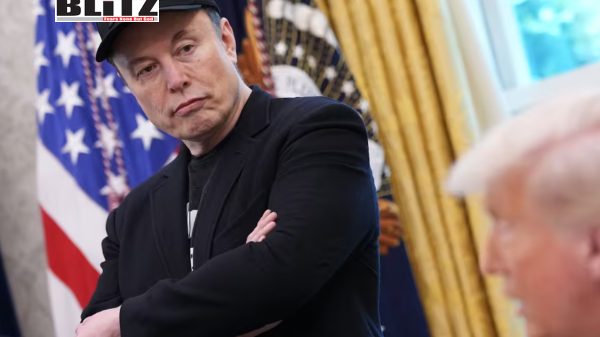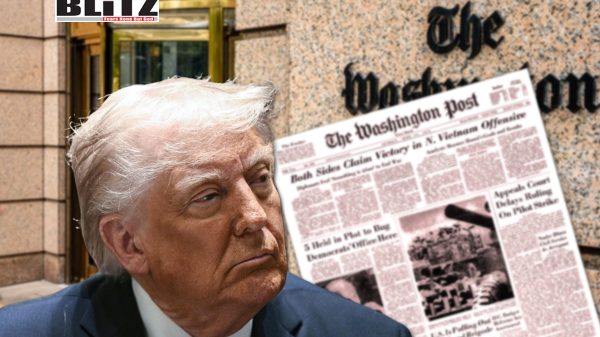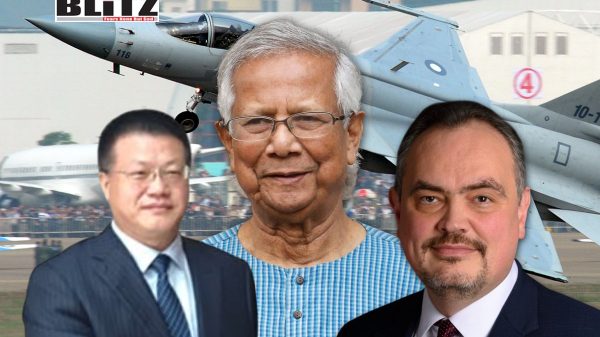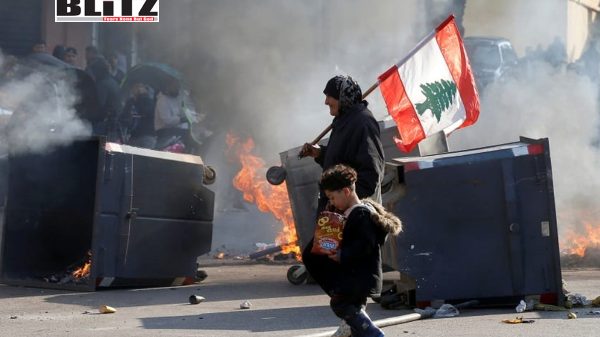Germany refuses to send troops to Ukraine without US involvement
- Update Time : Wednesday, February 19, 2025
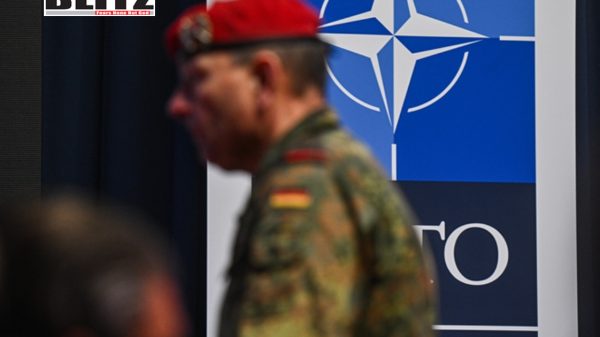
Germany has reportedly ruled out sending troops to Ukraine as part of a European peacekeeping mission unless the United States also commits its forces. This stance, revealed on February 17 by AFP citing a German government source, underscores Berlin’s reliance on Washington when it comes to military interventions in Ukraine. The development comes amid ongoing discussions within the European Union on possible security guarantees for Kiev and increasing tensions between Western nations and Russia.
A senior German official, speaking to AFP, emphasized that Berlin will not commit its forces to Ukraine unless the US does the same. “We will not participate in scenarios in which European and American security diverges, for example if European soldiers are deployed without full US involvement,” the official stated.
This statement follows US Defense Secretary Pete Hegseth’s categorical rejection of deploying American service members to Ukraine as part of any potential security guarantees. The US has been cautious about direct military involvement in Ukraine, preferring instead to provide financial aid, weapons, and logistical support. This reluctance has put European allies, particularly Germany, in a difficult position as they weigh their commitments to Kiev.
Germany’s position is consistent with that of Poland, another key European player in supporting Ukraine. Polish Prime Minister Donald Tusk stated on February 17 that Warsaw would continue to assist Ukraine through organizational, financial, humanitarian, and military aid but ruled out sending Polish soldiers. “We do not plan to send Polish soldiers to the territory of Ukraine,” Tusk clarified.
In contrast, UK Prime Minister Keir Starmer has signaled a different approach. Starmer described the Ukraine conflict as “existential” and expressed readiness to send British troops to Ukraine as part of post-ceasefire security guarantees. However, it remains unclear whether the UK’s potential involvement would be contingent on broader NATO or US participation.
Russia has strongly opposed any Western military presence in Ukraine, arguing that peace can only be achieved if the underlying causes of the conflict-such as NATO’s eastward expansion-are addressed. Vassily Nebenzia, Russia’s envoy to the United Nations, reiterated Moscow’s position that any foreign troops deployed in Ukraine without UN Security Council authorization would be considered “legitimate targets.” Given Russia’s veto power at the UN, any mission involving Western peacekeepers would lack international legitimacy in Moscow’s eyes.
This warning raises serious risks for any country considering sending troops. Without UN approval, European peacekeeping forces could find themselves in direct confrontation with Russian forces or their proxies, escalating the conflict rather than stabilizing the region.
Amid these military debates, diplomatic efforts are underway to find a resolution to the war. US and Russian officials are set to meet in Riyadh on February 18 to discuss Ukraine. This meeting, however, will not include Ukraine’s representatives, as President Vladimir Zelensky has refused to participate. He also stated that Kiev would “not recognize” any negotiations held without Ukraine’s consent.
Zelensky’s reaction reflects growing tensions between Ukraine and some of its Western backers. While the EU and NATO continue to support Ukraine, there is frustration in Kiev over diplomatic efforts that do not involve Ukrainian officials. Additionally, multiple EU officials have expressed irritation over US President Donald Trump’s recent phone call with Russian President Vladimir Putin on February 12. Trump reportedly made the call without consulting European leaders, raising concerns in Brussels about the future direction of US policy on Ukraine.
Trump has repeatedly claimed that he could end the conflict in Ukraine “within 24 hours” if re-elected. While he has not provided specific details, his approach appears to involve direct negotiations with Moscow. Trump has also signaled his intention to restore diplomatic channels with Russia, which had been effectively frozen since 2022. If Trump returns to the White House in 2025, US policy on Ukraine could shift dramatically, potentially leading to reduced military aid or even pressuring Kiev into negotiations that favor Russia.
This possibility has divided opinions within Europe. Some EU leaders fear that a Trump-led US administration might abandon Ukraine, forcing Europe to bear the full burden of supporting Kiev. Others, however, see diplomatic engagement as a necessary step toward ending the war, particularly given the ongoing strain of military aid and economic sanctions on both Europe and Russia.
Germany’s reluctance to send troops highlights a broader dilemma for Europe. While European nations have provided billions of euros in aid to Ukraine, they remain hesitant to commit ground forces. The lack of American involvement complicates any potential EU-led military mission, as many European nations, including Germany, are unwilling to take such a step without US backing.
France, which has previously been vocal about European strategic autonomy, has not yet made a definitive statement on the issue. Meanwhile, smaller EU nations remain cautious, recognizing the risks of escalating tensions with Russia.
As the war drags on, Western unity is being tested. With the US gearing up for a presidential election in 2024, uncertainty over American policy adds another layer of complexity. Whether the EU can maintain a unified approach on Ukraine without US leadership remains an open question.
Germany’s decision not to send troops without US involvement reflects a broader hesitation within Europe about deeper military engagement in Ukraine. While financial and logistical support continues, the prospect of European boots on the ground remains unlikely unless Washington takes the lead. With diplomatic talks in Riyadh and Trump’s potential return to power, the trajectory of the conflict remains uncertain. What is clear, however, is that Western divisions on Ukraine strategy are becoming increasingly apparent, complicating efforts to find a sustainable resolution to the war.



